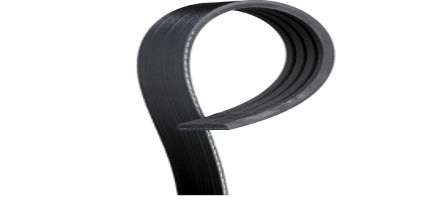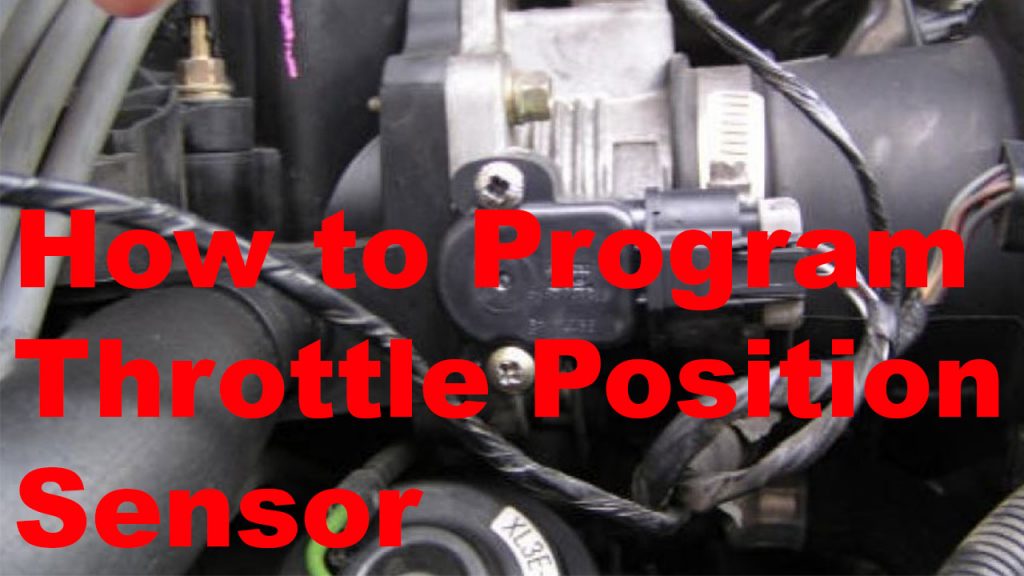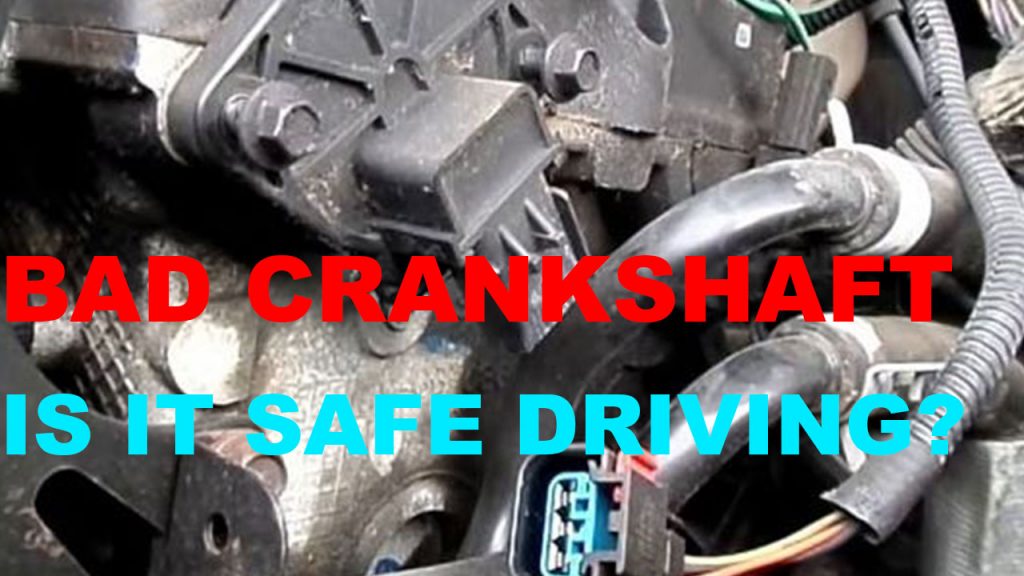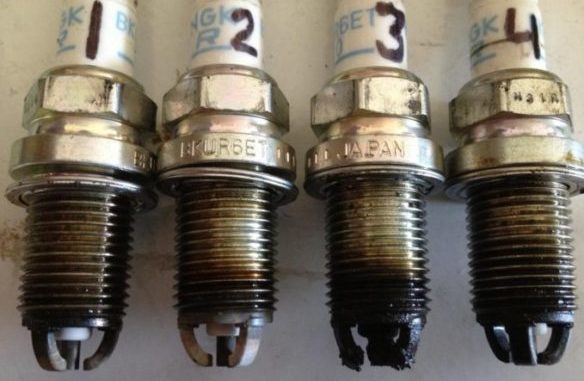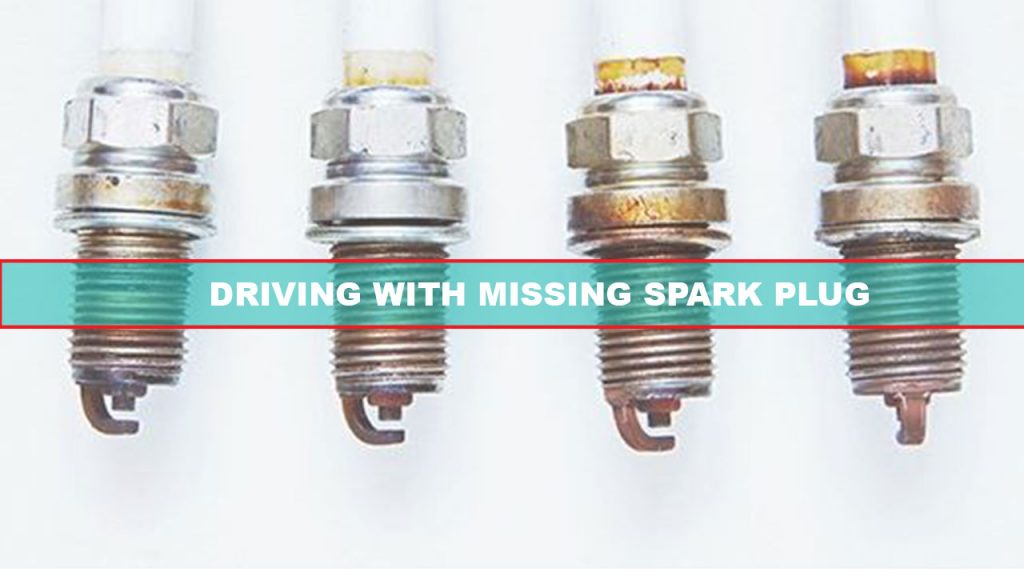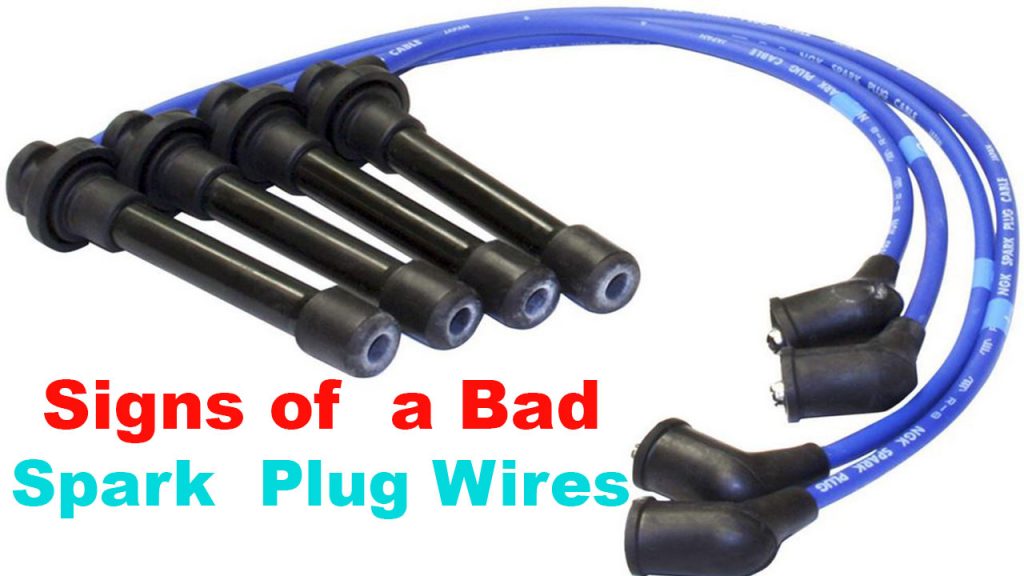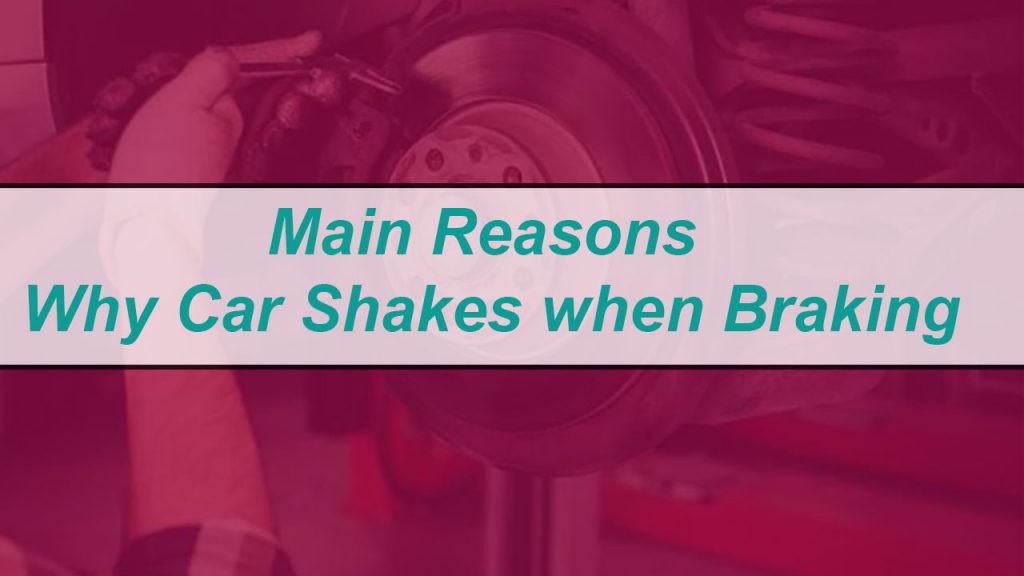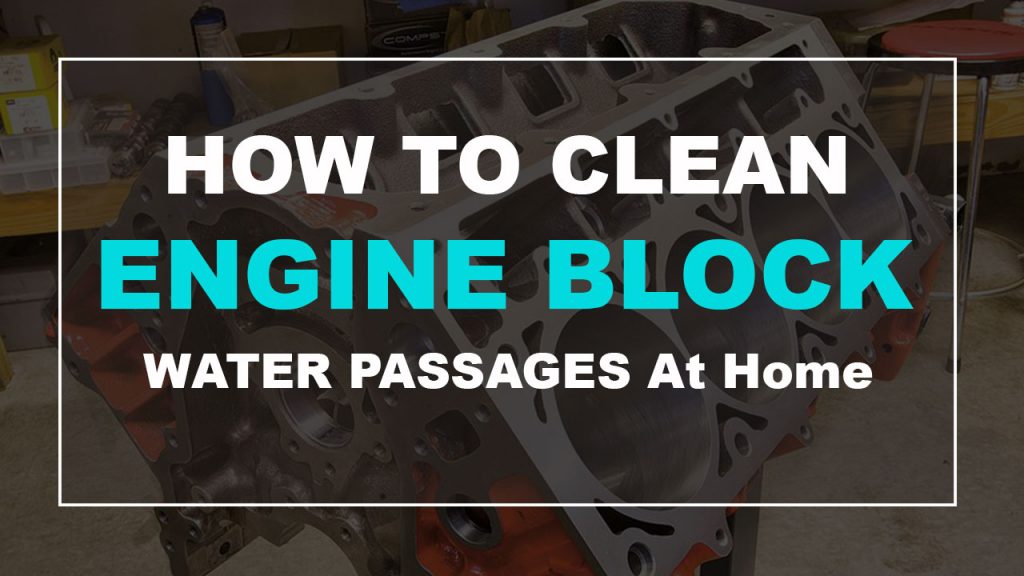Last updated on July 28th, 2023 at 03:50 pm
As a car owner or driver of one, you may hear squeaky sounds or squeals from the engine of your vehicle in the course of driving. This squeaky sound is coming from the belt in your vehicle’s engine and may disappear after a while, especially when the weather is cold or become incessant and embarrassing.
If you are wondering why a squeal when cold then goes away or during a cold start and goes away, or lingers more than necessary, you are about to find out why.
In this article, I’ll cover all you need to know about belt squeals, why car squeals when starting then stops, how to diagnose the problem, fix it, what causes belt squeal goes away when accelerating, and finally, how to prevent subsequent reoccurrences.
Why Belt Squeal When Cold then Goes Away
When a belt squeals and the sound goes away after a few minutes of driving or running the engine, it’s because of a cold weather or cold startup. However, if the sound persists after a cold start, the problem is from the belt, pulleys, or other attached parts in the alternator.
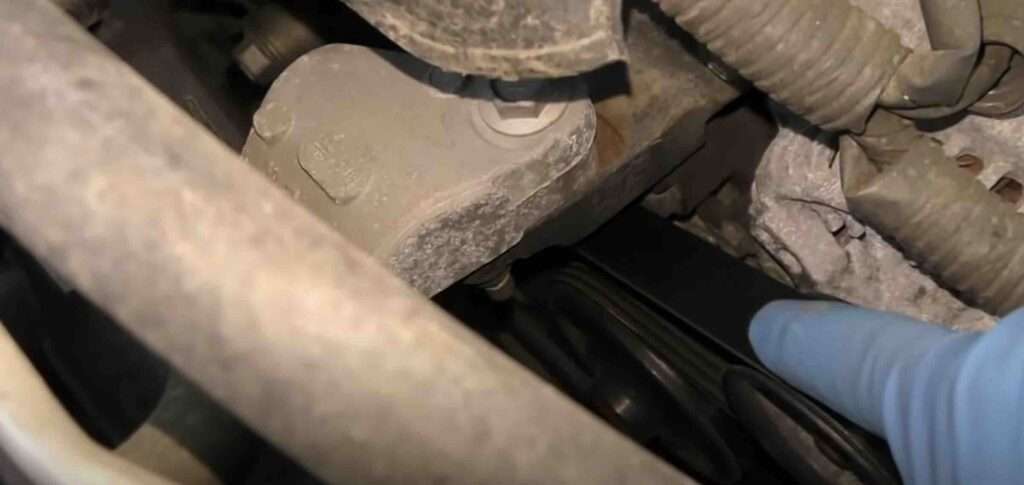
Another reason why the belt squeals and goes away when cold or sometime car squeals when starting then stops immediately afters starting is simple, belts are made of rubber material which tends to function optimally under warm temperatures, especially in the car’s engine. When the weather is cold, the rubber belt becomes hard and loses its malleability (which is the ability to bend freely and rotate). Consequently, as the engine’s pulleys compel the belt to rotate under such brittle conditions, the belt slips from the pulleys, and squeals in protest against the motion, indicating that it’s too cold for such rigorous activity.
But the squealing noise goes away after some time with the frequent rotation of the pulleys, which causes the belt to warm up, making it more malleable and less brittle as time progresses. As a result, the squeaky sound fades gradually and becomes inaudible with time.
Other Causes of Belt Squeals on Cold Startup
Beyond cold weather, there are other reasons why a car squeals when starting then stops, or while you are driving, and the cold weather will only worsen the sound. Here are some of the reasons you should note.
A Worn Out or Weak Belt
Perhaps, the belt must have gone past its mile’s threshold, coupled with harsh weather conditions, and as a result, it’s in terrible shape. A worn-out belt can create various unpleasant sounds as the pulleys rotate, and it gets worse when the weather is cold because the cold weather is an independent factor that affects all belts, whether they are in excellent conditions or not.
Misaligned Belt
Sometimes, the belt isn’t too old or worn out but just misaligned from its position. Misalignment can create various sound types, squeals inclusive, as the belt creates friction with some parts of the alternator it has no business with. If your belt is fairly new, and you hear these squeaky sounds, pull the car over and check if the belt is still in alignment with the relevant pulleys.
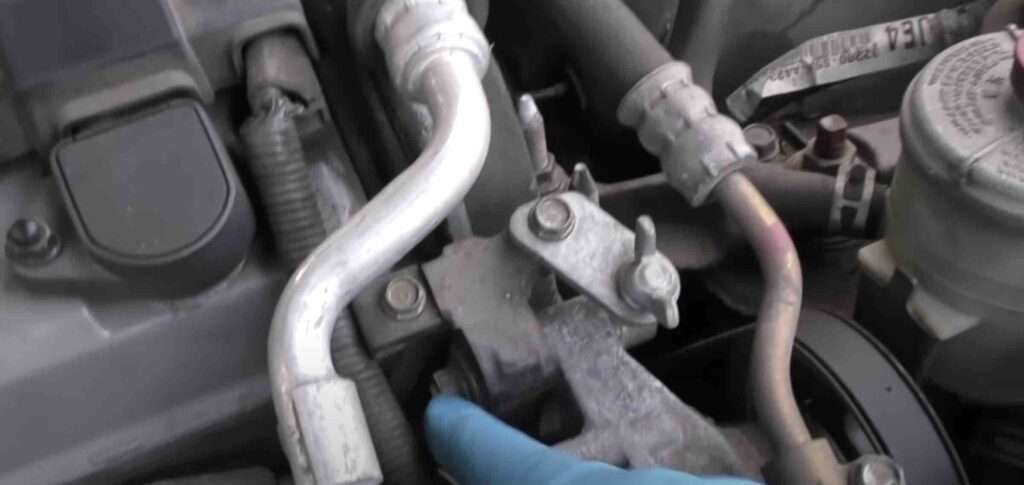
Defective Tensioner
The job of a tensioner, which is also a pulley, is to provide sufficient tension that holds the belt in place as it rotates constantly. If the tensioner is bad, which inevitably leads to its poor performance, belt slippage might occur, leading to squeals.
Belt Slippage
When a belt slips out of the car’s pulleys due to a bad tensioner or from a case of belt misalignment not checked, it will create friction with other drive pulleys and squeal.
Exposure to Coolants
Beyond the mechanical challenges that lead to belt squeals, coolants or antifreeze are also part of the problem. When you mistakenly spill coolant on the belt and forget to clean the mess, the belt absorbs it, leading to deterioration with time. When the belt gets damaged by the coolant, it’s bound to squeal as it snakes its way around the pulleys and other parts of the engine. Now let’s look at how to fix a belt squeal when cold then goes away.
How to Fix Belt Squeals When Cold
Before fixing, detection is paramount. You need to detect the fault or root cause of the belt squeal in the engine. If your findings reveal that the squeal is due to cold weather, then you have no issues because the sound will stop with time.
The best way to determine whether the belt squeal is due to cold weather or other mechanical problems is to allow the engine to run for a while and see if the sound will stop. If it does, there’s nothing to fix. If it persists, however, you have a job to do, and the following steps will help you fix it.
- Step 1: Examine the alternator, belt, pulleys, and tensioner for any damages. If the belt is worn out or even damaged slightly, it needs urgent replacement. Other challenges with the pulleys and the tensioner require urgent attention from a mechanic, so place the call immediately. When you are certain that the belt, tensioner, and pulleys are fine, proceed to the next step.
- Step 2: Purchase an anti-slip belt dressing and apply it on the belt to moisturize and make the belt more pliable, while limiting friction. Dry belts are fond of making certain awkward sounds, and moisturizing them can solve the problem. If you don’t have a moisturizer in handy, a simple bar soap applied to the belt can save you these annoying whining and squeaky sounds.
- Step 3: Tighten the pulleys, especially the tensioner, because loose belts tend to squeal when they slack around the pulleys. Tightening the tensioner should be easy. Attach a socket wrench or breaker bar to the square-shaped, half-inch drive opening, and rotate in the anti-clockwise direction. Do that for the other pulleys to ensure the belt stays in place as it rotates. However, be careful not to overtighten it as this may add more pressure to the bearings, including the belt, and cause more funny sounds.
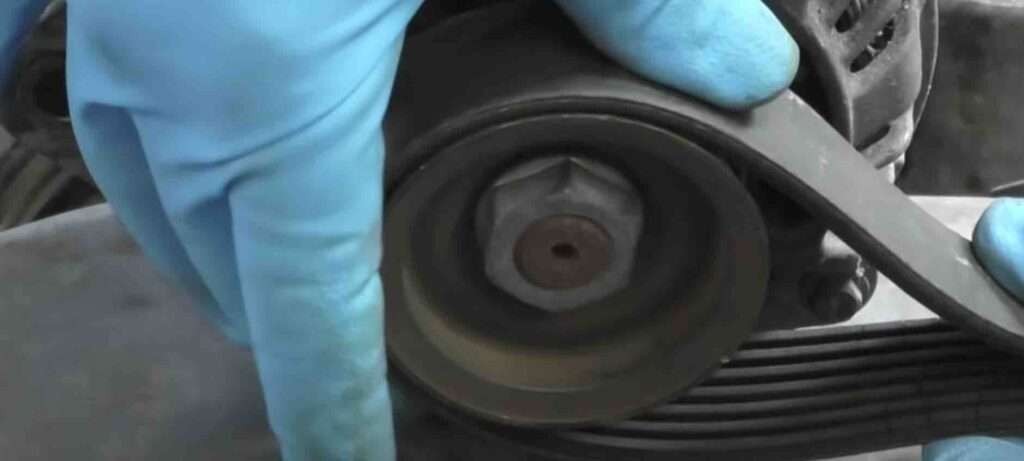
Is It Okay to Drive with a Squeaky Belt?
It’s wrong to drive around with a squeaky belt. Asides from creating embarrassing sounds everywhere you drive, you are compounding the existing problem by not attending to it. The squeaky sound is a sign that something is wrong with the belt and failure to address it can lead to car stalling or total shutdown when you least expect it.
Beyond these consequences, if the belt supplies pressure to the power steering, its failure will affect your power steering, making it stiff, and that’s a big risk while driving.
Additionally, the belt may be supplying pressure and alternating power to your air conditioning unit, and other electrical components, while also charging the car’s battery. Driving around with such a belt that screams may affect the various components and car functions that depend on it for effective performance.
However,
if you are certain the sound is due to the cold weather, then it’s safe to drive around with the squeaky belt since it will go away in a short while.
Why Does My Power Steering Belt Squeal When Cold?
The squeaky sound of your power steering belt is still due to the same cold weather that affects every other belt in a vehicle’s engine. The belt is too cold, dull, and brittle to perform effectively. Hence, it needs time to warm up before the awkward sound fades away.
If the sound doesn’t fade away, the belt could be damaged and needs replacement or needs to be tightened, which can be a quick fix if you have the right tools. It could also mean that the power steering belt is slipping from the pulleys that hold it, which leads to whining, squeaks, and squeals.
Can I Use WD-40 Oil on a Squeaky Belt?
Yes, you can use a WD-40 anti-slip belt dressing conditioner to moisturize your belt and avoid squeals. The WD-40 has been created with the right chemical formulas that allow it to sip through rubber fibers and make them more pliable and malleable. This oil also eliminates belt slippage, improves the overall function of a car’s belt, and prolongs its lifespan.
Note: There’s a big difference between WD-40 oils or sprays and the WD-40 anti-slip dressing. It’s very easy to confuse one for the other, which is dangerous. WD-40 is a petroleum-based product and a chemical solvent that can damage rubber due to the chemical interactions between both, leading to a bigger problem. While it’s a quick and temporal fix, it has adverse effects on the belt. So, be mindful of this difference.

Hi dear, my name is Jeffery Ekweghi, and I am a certified mechanic and autobody parts technician. I created this site to share my expertise and experience with car lovers looking to resolve their car-related issues. I am certified in private cars and heavy-duty commercial vehicles. I have worked as a mechanic since 2015 and have experience in vehicle brands like Subaru, Jeep, Toyota, TATA, BMW, Mazda, Honda, Nissan, Kia, TVs, and Others; however, I primarily specialize in Toyota vehicles.

